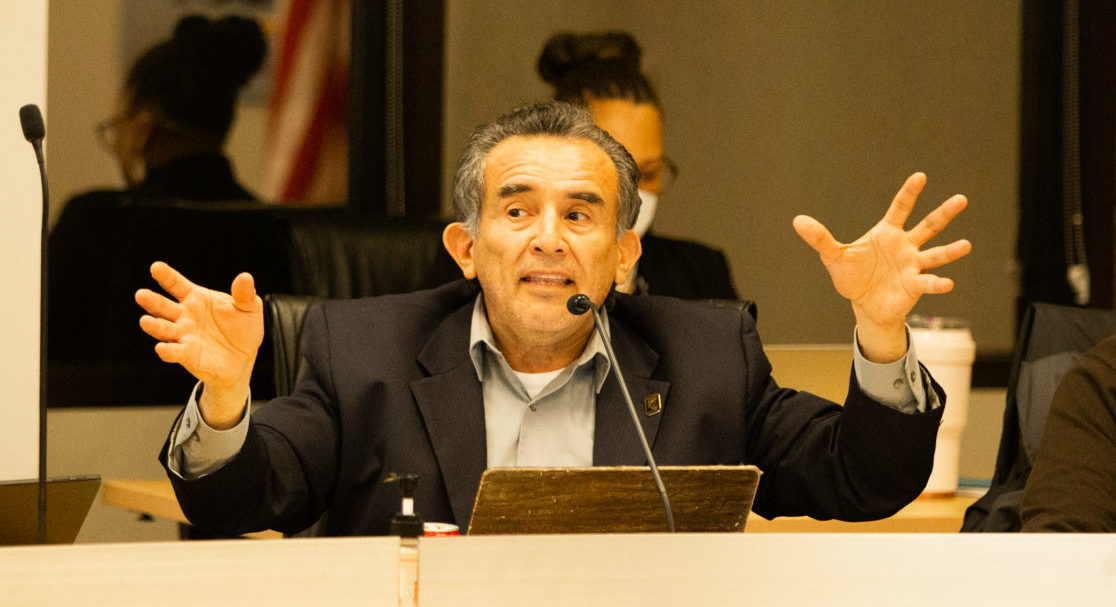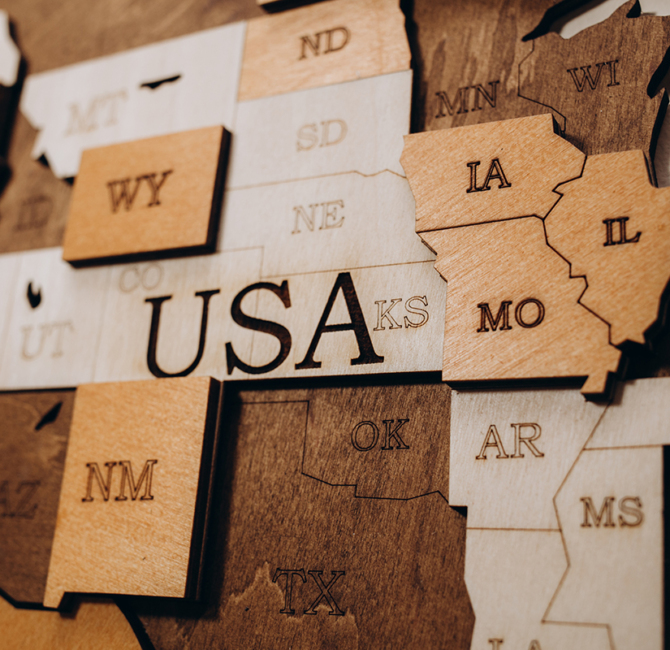Norma McCorvey lived in Texas in 1969 when she was denied an abortion. Unless death was the alternative, she had to deliver. “Your pregnancy does not pose any real medical risk,” they told her.
Two women picked up the fight for McCovey: Sarah Weddington and Linda Coffee, recent graduates from the University of Texas Law School.
They sued Henry Wade, the District Attorney of Dallas County, Texas, where McCorvey lived. To protect her identity, she was given the alias “Jane Roe” in the filing, which is why the case was called Roe v. Wade. 
A local district court ruled in favor of Roe, and Texas appealed to the Supreme Court. The case reached America’s highest court in 1970. Arguments began Dec. 13, 1971.
Nearly two years later, on Jan. 22, 1973, the Supreme Court decided. “Roe” won.
Abortion bans were ruled unconstitutional. Access to pregnancy termination resources was still an issue — this was the first massive victory in an ongoing struggle for reproductive rights.
Half a century later, McCorvey is rolling over in her grave.
In 2016, Donald Trump was elected the 45th President of the United States. He appointed three Supreme Court justices — Neil Gorsuch, Brett Kavanaugh and Amy Coney Barrett. Suddenly, the Court was staunchly conservative.
In 2021, some 600 bills were introduced in states across America to reduce access to abortion, with 108 of them passing. Then on June 24, 2022, ruling on the case Dobbs v. Jackson Women’s Health Organization, the U.S. Supreme Court overturned Roe v. Wade and continued the repeal of reproductive rights. The 6-3 ruling declared that people do not have constitutional protections for abortions.
American voters — even millions in the red states — declared in the 2024 presidential elections that many still want abortion rights for pregnant people.
A nation where most people believe in the legal right to abortion elected the ambassador for the movement to turn the clock back 50 years.
“Without question,” Jodi Hicks, president and CEO of Planned Parenthood said in the LA Times, “Donald Trump is an existential threat to the health, well-being, privacy and autonomy of women and pregnant people across the country. His reelection is a devastating blow to reproductive freedom.”
Arizona, Maryland, Missouri and Montana — all Republican strongholds — voted to pass legislation to grant legal abortions in their states. Colorado, Maryland and New York — all Democratic states — also voted to ensure people had the right to choose in their borders.
In Maryland, 75% of voters voted in favor of abortion, according to Ballotpedia. In Nevada, it was 64%. Abortion legislation passed in Arizona, Colorado and New York with 62% approval, and with 58% approval in Montana and 52% approval in Missouri.
Florida was close to joining the seven states in passing abortion laws. Legalized abortion needed 60% approval to pass in the Sunshine State. However, only 57% voted in favor. Abortions after six weeks of pregnancy remain illegal in Florida.
Trump’s view on abortion remains firm. He vowed to implement a national ban on abortion. He says the states should decide, and 13 have already made abortion illegal.
The discrepancy between voting for Trump and protecting abortion rights in this country is proof that more people are willing to split the ticket.
“People, I don’t think, felt they had to choose between Trump and their position on abortion,” Mary Ziegler, author of the forthcoming abortion-related book “Personhood: The New Civil War Over Reproduction”, told the LA Times. “They thought they could have both.”
But Project 2025 threatens to create an unofficial nationwide abortion ban.
The MAGA-approved plan, created by the Heritage Foundation, would use its control of the Food and Drug Administration to revoke approval of abortion drugs. Project 2025 would call for the prosecution of people who ship and transport abortion pills.
It would also relax prosecutions against extremists who harass patients and staff at abortion clinics.
TOP PHOTO: Though voting for the people who led to the overturning of Roe v. Wade, American women still declare most want the right to chose. (Photo courtesy of Envato Elements)
Camille Leduc is the managing editor of The Express. Follow her on X, formally Twitter, @CLeduc7603.




